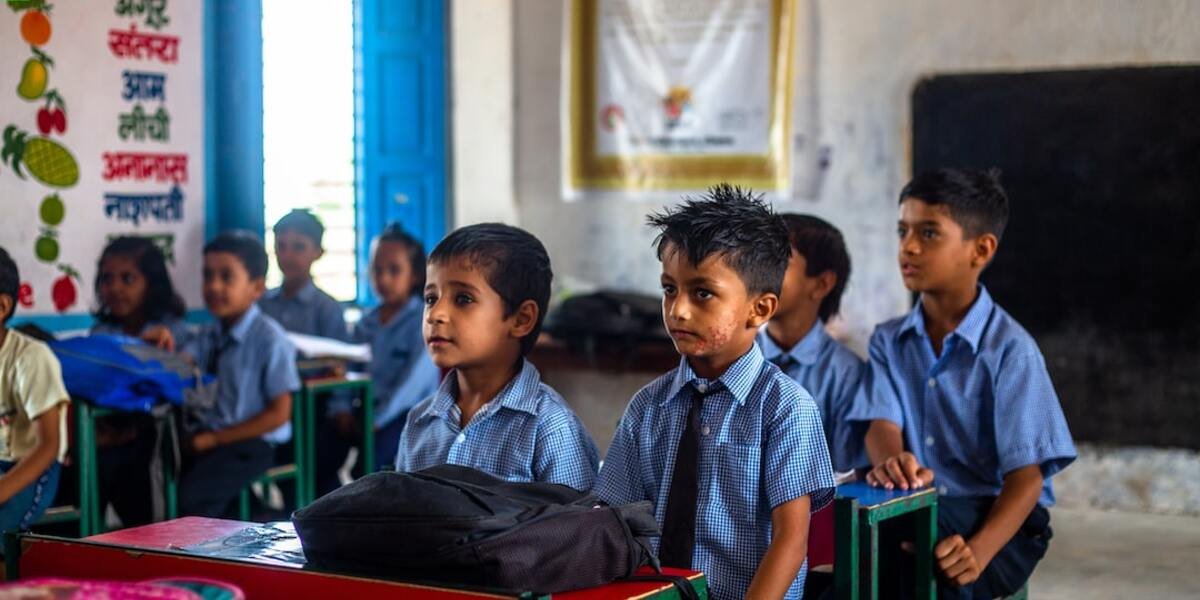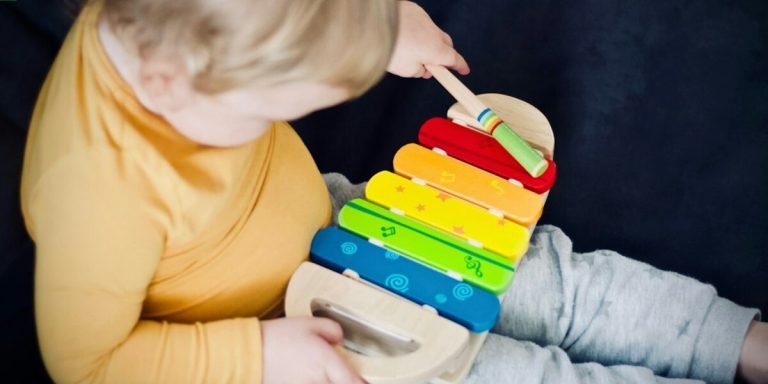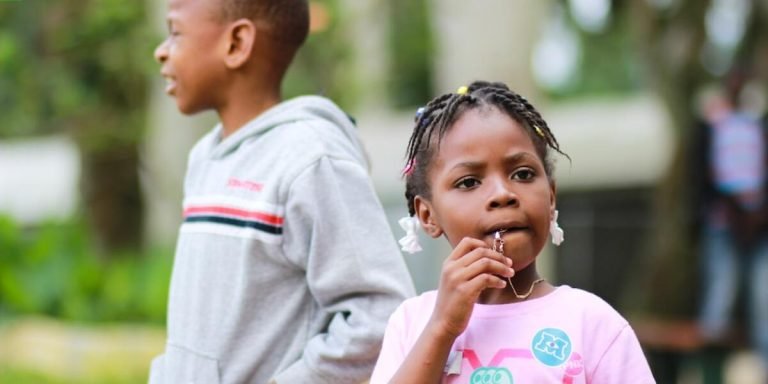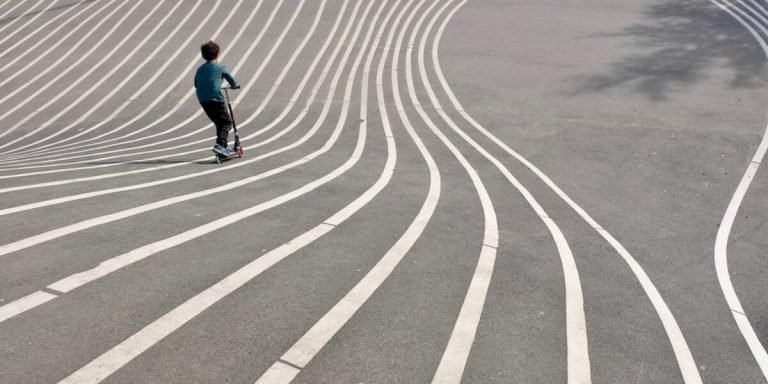How to Become a Kindergarten Teacher: A Comprehensive Guide
Embarking on the journey of how to become a kindergarten teacher is a rewarding endeavor, filled with opportunities to shape young minds at their most impressionable. Being one of the key influencers in early childhood education, these teachers hold an essential role within society by laying down strong academic foundations for our future leaders.
In this comprehensive guide we will diligently walk you through the important steps and considerations that come into play when setting your sights on becoming a kindergarten teacher. Equipped with knowledge from experts in this field, parents and educators alike can navigate through each stage confident they are making well-informed decisions towards building brighter futures for children around them.
Did you know?
Did you know that in Germany, aspiring kindergarten teachers undergo a ‘recognition year’? This is essentially an integration period during which they’re supervised as they gain practical experience before becoming fully-fledged educators.
Understanding the Educational Pathway to Kindergarten Teaching
The journey to becoming a kindergarten teacher commences with an understanding of the educational pathway. Primarily, one must have a penchant for molding young minds and cultivating their inherent talents in those crucial early years of education. The first step on this path is obtaining your bachelor’s degree, preferably in Early Childhood Education or related field.
In 2023, where technological advancements pervade across various sectors globally including education, it becomes vital that you equip yourself not only with foundational knowledge but also innovative teaching techniques suitable for today’s digital-age children. These technologies enhance classroom experience making learning more interactive and engaging for youngsters who are natives in this digital era.
Upon completion of your undergraduate study, consider gaining some hands-on experience by working as an assistant teacher or volunteer at local kindergartens before moving on to acquire licensure which varies from state to state. Having real-world exposure will enable you not just connect academic theories learnt during coursework but also understand the unique nuances associated with educating preschoolers such as understanding their emotional needs besides cognitive development.
Finally yet importantly – continue professional development through advanced degrees like Master’s program or certifications specific to childhood pedagogy can be beneficial since along being well-versed about child psychology & instructional methodologies; these include current trends relevant within early childhood education sector enhancing chances of securing better career opportunities progressively over time whilst offering enriching experiences lifelong learners under tutelage may cherish beyond preschool classrooms towards life overall!
Required Academic Qualifications for Aspiring Kindergarten Teachers
As part of the journey on how to become a kindergarten teacher, understanding specific academic qualifications is paramount. Let’s delve into these requirements that are key in this rewarding career pathway.
To start with, aspiring kindergarten teachers should have at least a Bachelor’s degree in Early Childhood Education. This four-year course provides students with fundamental knowledge about child development and teaching methods for young learners. It typically covers subjects like early literacy development, children’s literature, behavior management strategies, creative arts for kids and more.
Next comes licensure or certification which is mandatory across all states in America before one can begin their career as a public school teacher. The licensing process usually involves passing state-specific exams that test general teaching skills along with specialized knowledge related to educating youngsters aged between 5-6 years old i.e., those entering kindergarten.
In some cases – depending upon your geographical location or individual aspiration – further educational qualification may be needed such as obtaining a Master’s degree specializing in Elementary Education or Child Development Psychopathology etcetera,. These higher degrees not only add more depth to an educator’s understanding but also open up opportunities for roles involving administrative duties within the education sector itself.
Certifications and Licenses: Your Guide to Legitimacy in the Classroom
To enter the rewarding field of kindergarten teaching, follow a structured educational pathway and obtain necessary certifications and licenses. Here are the essential steps to learn how to become a kindergarten teacher:
To start with, earning a Bachelor’s degree in Early Childhood Education is typically where most prospective teachers begin their journeys. This course provides an intensive study into child development, curriculum design for young learners and equips future educators with instructional strategies built around play and exploration.
Following this is student teaching experience – offered within your degree program itself – which serves two purposes: It allows aspiring teachers to gain hands-on practice designing lesson plans and interacting directly with pupils under supportive supervision; it also meets state requirements for practical classroom exposure before licensing.
Throughout your educational journey keep reviewing other core subjects such mathematics or science may be required by some states in addition to focusing solely on early childhood education concepts. Staying up-to-date regarding current researches or methodologies can potentially make you stand out from others while applying for jobs.
For licensure after graduation one has options between traditional route i.e., passing Teacher Certification Test (like Praxis) that measures knowledge across varied subject areas along aptitude towards elementary education specifically OR alternative routes like successful completion of mentorship programs designed especially those switching careers but hold bachelor’s degrees unrelated fields have come realize passion shaping young minds.
Key Skills and Personal Attributes of Successful Kindergarten Teachers
Kindergarten teachers play a pivotal role in laying the foundation of a child’s education. To become successful kindergarten teachers, they must possess some key skills and personal attributes that set them apart. These characteristics allow instructors to shape young minds effectively with patience, understanding, flexibility and innovation.
One of the essential qualities is strong communication abilities. Kindergarten involves interacting not just with playful children but also their parents and other educators frequently. Henceforth, being able to express ideas clearly while maintaining an engaging tone can directly affect how comprehensively students grasp subjects taught by you.
Moreover, creativity ranks high among required traits for kindergarten teaching as well-known educational approaches like Montessori or Waldorf emphasize on learning through interactive activities more than conventional book-based methods. Thus having creative problem-solving capacities helps design fun yet instructive lessons that keep children engrossed mentally while physically active too.
Patience stands crucial especially considering these youngsters are at a developmental stage where they learn things gradually over time plus exhibit varying levels of concentration capacity different from older school-goers who have better self-control towards classroom discipline.
Fostering Emotional Intelligence in Early Childhood Education
Fostering emotional intelligence is a key facet of how to become a successful kindergarten teacher. In the world of early childhood education, this skill plays an essential role in shaping young minds for future growth and success.
The first step towards nurturing emotional intelligence involves acknowledging children’s feelings. It may seem like stating the obvious, but many educators often overlook this crucial aspect. Be it excitement or frustration, effective teaching demands that we value each emotion as valid and worth attention.
Next comes teaching empathy- an integral part of any kind-hearted individual’s persona. When students learn why someone might be feeling sad because they’ve lost their favorite toy or happy when they win at a game, they’re building understanding about other people’s emotions too.
Self-regulation is equally important in fostering emotional intelligence among youngsters.
Gaining control over one’s responses rather than reacting impulsively forms the bedrock for mature interpersonal communication later on in life.
Allowing room for mistakes aids self-learning while also showing them there are consequences to every action undertaken—a valuable lesson indeed!
Building social skills should not be undervalued either while talking about how to become a kindergarten teacher with expertise in developing Emotional Intelligence (EI). Teaching kids how to work together as a team can help foster stronger relationships between classmates whilst optimizing class productivity levels simultaneously.
Lastly yet importantly; perspective-taking further solidifies one’s EI credentials by teaching pupils understand differing viewpoints exist outside theirs – promoting tolerance diversity amongst students from very tender age itself!
Implementing Creative Instructional Strategies for Young Learners
If you’re pondering how to become a kindergarten teacher, one of the key skills that will guide you on your journey is implementing creative instructional strategies for young learners. Given their age and stage of development, children in this age bracket require approaches that are both engaging and effective.
Incorporating creativity into instruction requires understanding the unique learning style each child possesses. A successful kindergarten teacher would adapt learning materials to cater for different types of learner; whether visual, auditory or kinaesthetic. This ensures all students can grasp concepts easily as they align with how they learn best.
Engaging activities form an integral part when it comes to interactive teaching methods aimed at improving cognitive abilities of kindergarteners. Examples might include role play scenarios which allow these budding minds a chance to understand perspectives, playing educational games that provide hands-on experience while sharpening problem-solving abilities or perhaps integrating multimedia tools such as videos and online resources relevant within today’s digital era.
Advancing Your Career as a Kindergarten Teacher
Embracing a career as a kindergarten teacher is both rewarding and challenging. In this role, it’s not just about teaching young children how to read and write; it also involves nurturing their cognitive abilities, creativity, social skills and preparing them for future academic success. Your dedication in these early education years plays an integral part in molding the students’ foundation of learning.
In 2023, advancing your career as a Kindergarten teacher means staying abreast with the latest practices in early childhood education. Continuous professional development will enable you to integrate new educational trends into your classroom like technology-based learning or innovative strategies on emotional intelligence training.
Moreover, consider going beyond traditional degrees by pursuing specialized certifications focusing on Early Childhood Education or Child Development specializations that can enhance one’s competency as well-rounded educators. This not only provides advanced instructional techniques but potentially opens doors for leadership roles within the field thus boosting job prospects further ahead.
Remember, effective kindergarten teachers are lifelong learners who continuously strive for improvement—this approach positively reflects our mission: empowering youngsters towards achieving significant strides throughout their educational journey.
Continuing Professional Development Opportunities for Educators
In the journey of becoming a seasoned kindergarten teacher, one must consider continuous learning as an integral aspect. It is not just about how to become a kindergarten teacher; it’s also about expanding your horizon and skills once you step foot into this noble profession.
Continuing Professional Development (CPD) Opportunities offer the perfect platform for educators aspiring to enhance their teaching competence. With technology playing a pivotal role in shifting traditional classroom paradigms, there is no better time than 2023 for teachers to embrace these opportunities and further enrich their knowledge base.
One effective way of boosting professional growth entails participating in online courses or workshops related to early childhood education. It can range from innovative childhood development strategies, modern pedagogical approaches, or embracing tech tools that make virtual learning more interactive and fun-filled amidst current times.
Apart from this element of socialization within peers lies immense potential for collaboration – developing joint projects across schools where children learn through unique methods tailored around them!
Another prime opportunity coming forward would be volunteering with educational non-profits organizations aiming towards holistic child development – offering first-hand experience dealing with diverse student populations besides contributing positively towards society aiding personal satisfaction simultaneously uplifting your career graph remarkably!
Networking and Community Involvement in Early Childhood Education
Active participation in community events and networking is key to advancing your career as a kindergarten teacher. Here are some actionable ways you can network effectively – essential when considering how to become a kindergarten teacher.
Firstly, joining local educational organizations or committees will bring opportunities for interaction with fellow teachers, principals, counselors, and other professionals working within early childhood education. Networking at such platforms allows you the chance to gain insights from their experiences while also making yourself known among those who may play an influential role in hiring decisions.
Next up is attending conferences and workshops on Early Childhood Education. These gatherings offer fantastic avenues for learning about new teaching methodologies, curriculum changes etc., besides meeting experts whose advice could be beneficial towards professional growth.
Another rewarding approach involves volunteering at community centers that cater specifically towards children’s programs or activities related to early schooling. Such proactive involvement boosts visibility within your locality while demonstrating dedication – both highly valued traits by potential employers when it comes down assessing suitability of a prospective Kindergarten Teacher candidate.
In this digital age however we cannot ignore effectiveness of online forums such as LinkedIn groups where discussions relating ‘how-to-become-a-kindergarten-teacher’ crop up frequently providing helpful answers plus hints about current job openings too!
Conclusion
As we conclude our comprehensive guide on ‘how to become a kindergarten teacher’, always remember that becoming an exceptional educator for young minds requires more than just technical skills. It demands empathy, patience and the ability to inspire creativity in tiny tots with their wide-eyed wonder about the world around them.
Delve deeper into our website if you’re thirsty for more knowledge pertaining specifically towards educating youngsters or seeking support as a parent/educator alike. Who knows? The insights gained might be your stepping stone onto shaping pint-sized futures!







